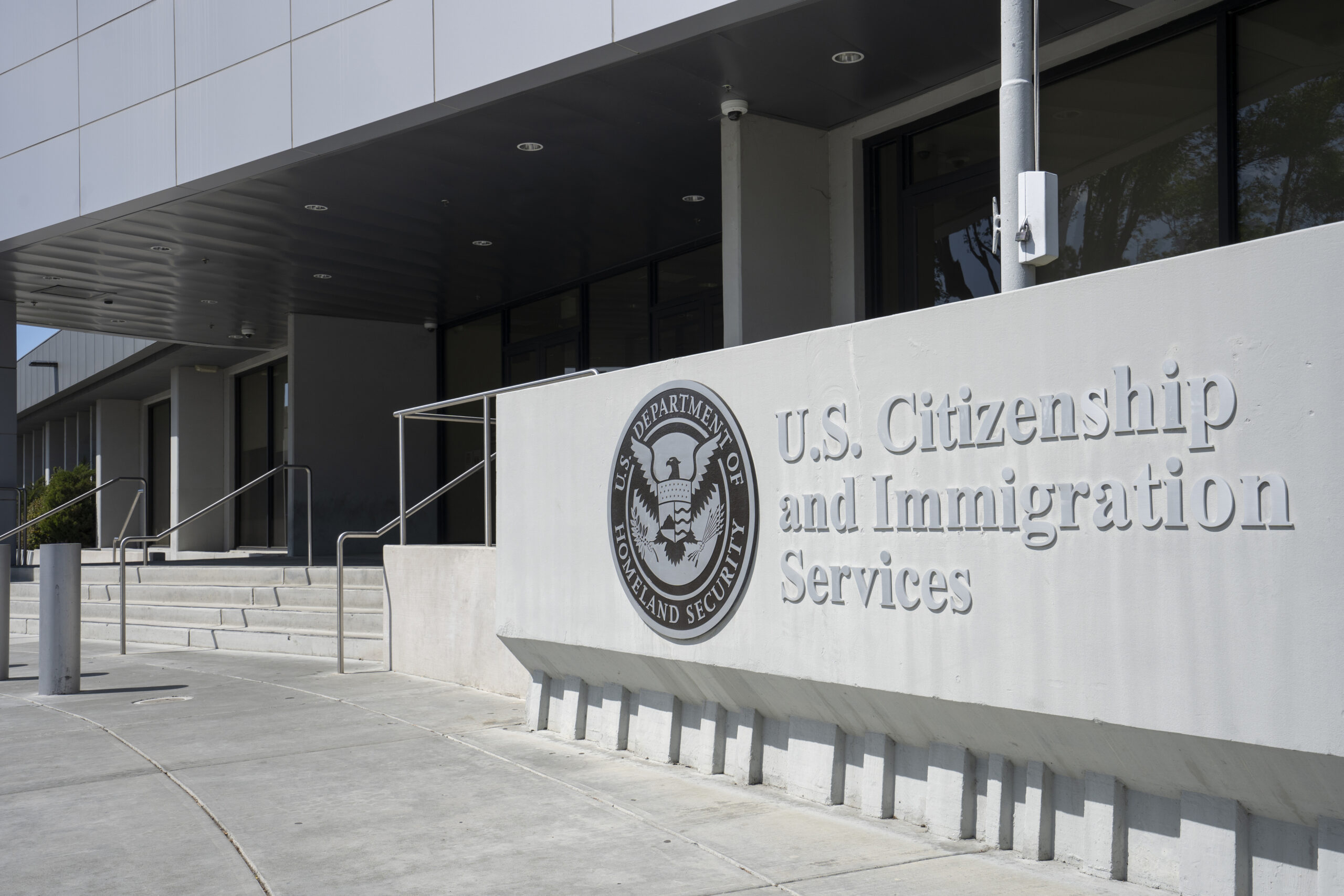On Dec. 2, 2025, U.S. Citizenship and Immigration Services (USCIS) published a policy memorandum directing its officers to place an adjudicative hold on pending benefit requests for foreign nationals from 19 high-risk countries identified in the June 4, 2025 Presidential Proclamation, Restricting and Limiting the Entry of Foreign Nationals to Protect the Security of the United States. The purpose of the hold is to allow USCIS time to conduct a comprehensive review of the pending requests.
Continue Reading USCIS pause on adjudications for nationals from high-risk countries







